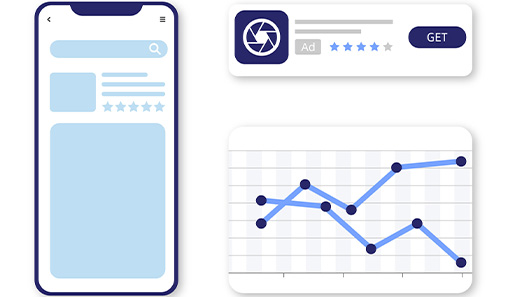





Tim Sweeney criticises Apple and Google for “scare screens” that hinder competition, outlining app store monopoly conflicts, Epic’s legal actions, and the implications of the Digital Markets Act (DMA).

On 2 April 2025, Tim Sweeney, Chief Executive of Epic Games, delivered a trenchant critique of Apple and Google at a Y Combinator event, accusing the technology giants of operating as "gangster-style businesses" through unlawful monopolistic practices in their app stores.
Sweeney explained how these practices are detrimental to Epic Games and the wider developer ecosystem, while outlining the company’s legal battles, current challenges, and future plans. Below is a detailed summary of his remarks and their implications.
At the Y Combinator event, Sweeney accused Apple and Google of abandoning good-faith commercial practices in favour of "malicious compliance," opting to pay fines rather than cease unlawful activity. A key issue he highlighted was the use of "scare screens" on both iOS and Android, which alert users that the Epic Games Store comes from "unknown sources" and may pose a risk to their devices. These warnings result in 50–60% of users abandoning the installation process, severely impeding Epic’s growth.
Sweeney described this as a "textbook case of self-preferencing," with Apple and Google favouring their own app stores over competitors. In Europe, the Digital Markets Act (DMA) has compelled Apple to permit the Epic Games Store on iOS, yet the company continues to display warnings, maintaining high abandonment rates.
Sweeney commented, "Crime pays for big tech companies," calling for more robust regulatory enforcement.
|
Platform
|
Installation Abandonment Rate |
Reason |
|
Android |
50–60% |
"Scare screens" for "unknown sources" |
|
iOS (Europe) |
50–60% |
Apple warnings despite DMA compliance |
Epic Games has been at the forefront of challenging app store monopolies, taking both Apple and Google to court:
Epic prevailed in its lawsuit in 2023, with the court ruling that Google’s Play Store practices were unfair. This victory threatens the app store sector’s near $200 billion business model, compelling Google to open up to greater competition.
More Details 👉 US Court Orders Google to Open Its Google Play Store to Competitors
Epic lost its case, but the court required Apple to allow developers to link to alternative payment methods. However, Apple’s response has been lacklustre—reducing commissions by just 3% and introducing a "core technology fee" of $0.50 per install per year for apps exceeding 1 million downloads.
More Details 👉 Supreme Court Declines to Hear Apple-Epic Games Case
Sweeney argues this fee disproportionately affects free-to-play game developers and claims Apple has not fully complied with the ruling, keeping the dispute ongoing.

Apple and Google’s policies have negatively impacted the Epic Games Store:
To alleviate this, Epic is temporarily covering Apple’s fees for developers participating in its free games programme, though Sweeney called this "devastating" in the long term without regulatory relief. Europe remains the only region providing full competition, while the US market remains restrictive.
|
Key Impact Metrics |
Data |
Notes |
|
PC Users (End 2024) |
295 million |
Exceeded target, though mobile growth lags |
|
Abandonment Rate |
50–60% |
Due to "scare screens" on Android and iOS |
|
Developer Participation |
Low |
High fees discourage major developers |
Despite these obstacles, Epic Games is pressing ahead:
Sweeney emphasised that the DMA provides a blueprint for competition, but global enforcement remains slow. Support from companies such as Spotify, Match Group, and media outlets including The New York Times bolsters Epic’s efforts to challenge Apple’s dominance.
👇 News on third-party game stores:
>>> Skich Launches Gamers-First iOS Store in EU Post-DMA
>>> Aptoide to Launch First Alternative iOS Gaming App Store in EU on Thursday
Sweeney’s remarks highlight the ongoing struggle between app store giants and competitors such as Epic Games. Apple’s high fees and "scare screens" continue to limit developer participation, while Google faces pressure to adapt following the lawsuit.
The EU’s DMA offers hope for a more competitive market, but without stronger global enforcement, progress will be incremental. Epic’s expansion into mobile and free games demonstrates resilience, yet its success is dependent on regulatory breakthroughs.
Get FREE Optimization Consultation
Let's Grow Your App & Get Massive Traffic!
All content, layout and frame code of all ASOWorld blog sections belong to the original content and technical team, all reproduction and references need to indicate the source and link in the obvious position, otherwise legal responsibility will be pursued.